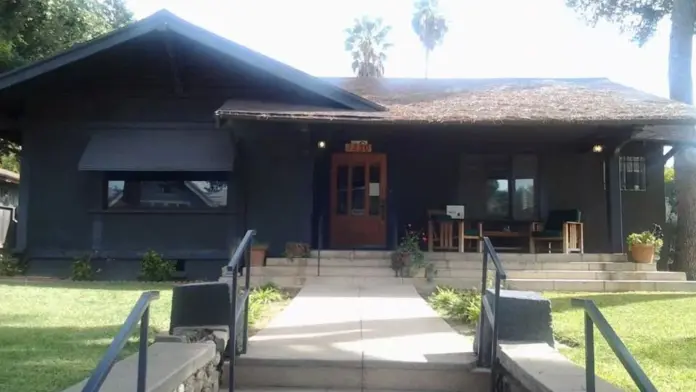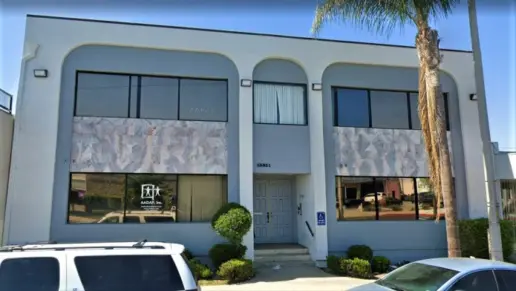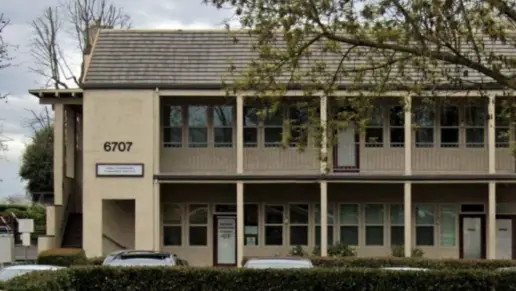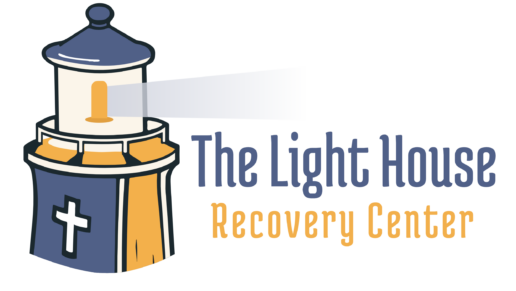About Grandview Foundation
Grandview Foundation – Marengo House is a drug and alcohol rehab in Pasadena, CA. They provide outpatient addiction treatment, residential addiction treatment, and sober living.
Located in Pasadena, CA, Grandview Foundation, Marengo House, offers residential addiction treatment, an outpatient program, an intensive outpatient program (IOP), medical detox, and a sober living program.
This program ranges between 30 and 120 days, depending on each individual’s needs. Treatment includes group and individual counseling sessions, wellness programming, service projects, 12-step meetings, and family visits. Medications may be used to reduce withdrawal symptoms, decrease cravings, and sustain long-term recovery.
The IOP requires three hours of treatment per day for at least three days per week. The OP requires at least three hours of treatment per week for at least one day per week. These programs use group and individual therapy sessions, virtual sessions, and wellness activities.
This is a transitional housing environment for individuals in outpatient treatment. Residents take part in day-to-day house operations, peer support, and mutual accountability. This is meant to be a stepping stone between residential treatment and independent living.
Grandview Foundation does not accept private insurance at this time. Verify your out-of-network benefits directly with your provider.
Facility Overview
Latest Reviews
Rehab Score
Gallery


Location
Other Forms of Payment
Self-pay involves paying for treatment out of your own pocket. You can use savings or credit, get a personal loan, or receive help from family and friends to fund your treatment. If you don't have insurance or your insurance plan doesn't cover a specific program, self-pay can help ensure you still get the care you need.
Addiction Treatments
Levels of Care
Treatments
The goal of treatment for alcoholism is abstinence. Those with poor social support, poor motivation, or psychiatric disorders tend to relapse within a few years of treatment. For these people, success is measured by longer periods of abstinence, reduced use of alcohol, better health, and improved social functioning. Recovery and Maintenance are usually based on 12 step programs and AA meetings.
Drug rehab in California teaches participants constructive ways to stay clean and sober. Treatment revolves around helping individuals stop using the substance they are addicted to and learn healthy habits to avoid relapse.
Many of those suffering from addiction also suffer from mental or emotional illnesses like schizophrenia, bipolar disorder, depression, or anxiety disorders. Rehab and other substance abuse facilities treating those with a dual diagnosis or co-occurring disorder administer psychiatric treatment to address the person's mental health issue in addition to drug and alcohol rehabilitation.
Opioid rehabs specialize in supporting those recovering from opioid addiction. They treat those suffering from addiction to illegal opioids like heroin, as well as prescription drugs like oxycodone. These centers typically combine both physical as well as mental and emotional support to help stop addiction. Physical support often includes medical detox and subsequent medical support (including medication), and mental support includes in-depth therapy to address the underlying causes of addiction.
Substance rehabs focus on helping individuals recover from substance abuse, including alcohol and drug addiction (both illegal and prescription drugs). They often include the opportunity to engage in both individual as well as group therapy.
Programs


Clinical Services
Group therapy is any therapeutic work that happens in a group (not one-on-one). There are a number of different group therapy modalities, including support groups, experiential therapy, psycho-education, and more. Group therapy involves treatment as well as processing interaction between group members.
Trauma therapy addresses traumatic incidents from a client's past that are likely affecting their present-day experience. Trauma is often one of the primary triggers and potential causes of addiction, and can stem from child sexual abuse, domestic violence, having a parent with a mental illness, losing one or both parents at a young age, teenage or adult sexual assault, or any number of other factors. The purpose of trauma therapy is to allow a patient to process trauma and move through and past it, with the help of trained and compassionate mental health professionals.
Amenities
-
Residential Setting
-
Private Rooms
Staff

Executive Director

Clinical Director

Medical Director

Residential Program Director

President
Contact Information
1230 North Marengo Avenue
Pasadena CA, 91103


